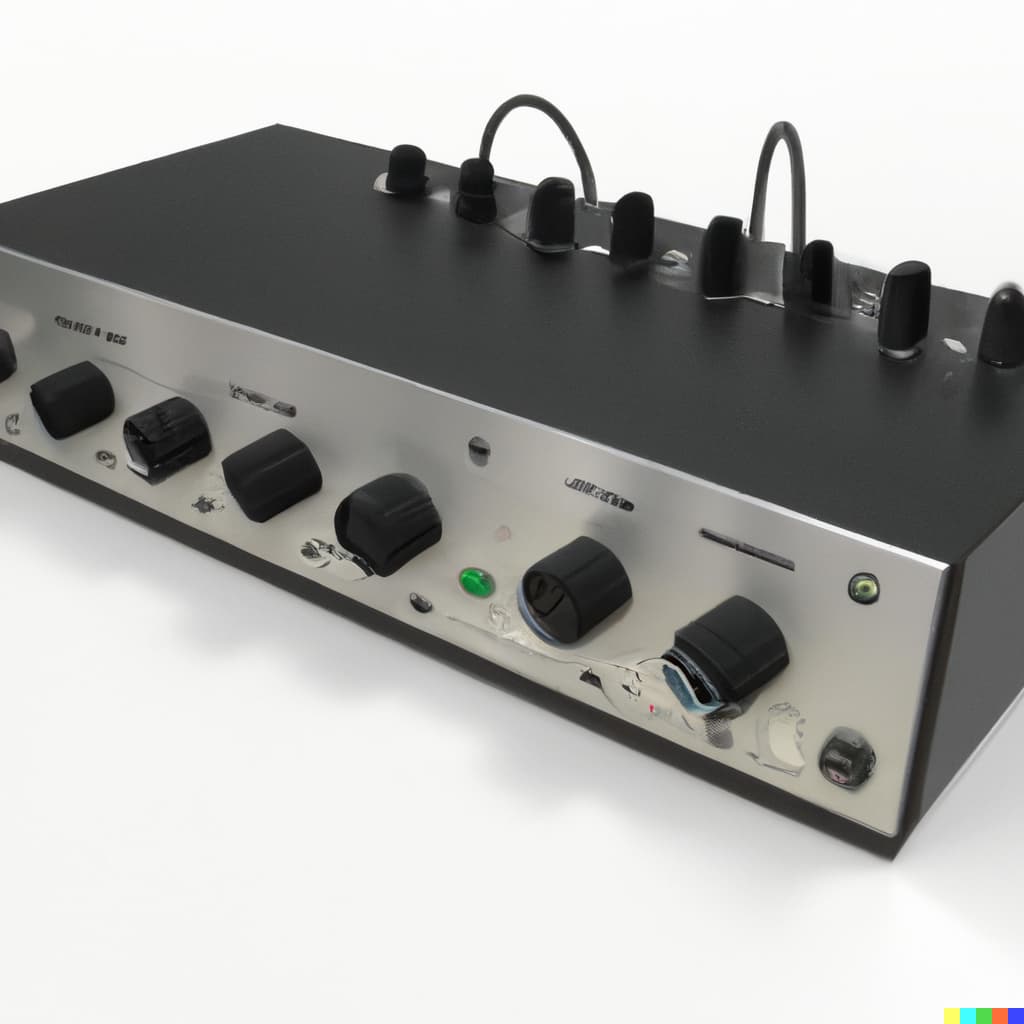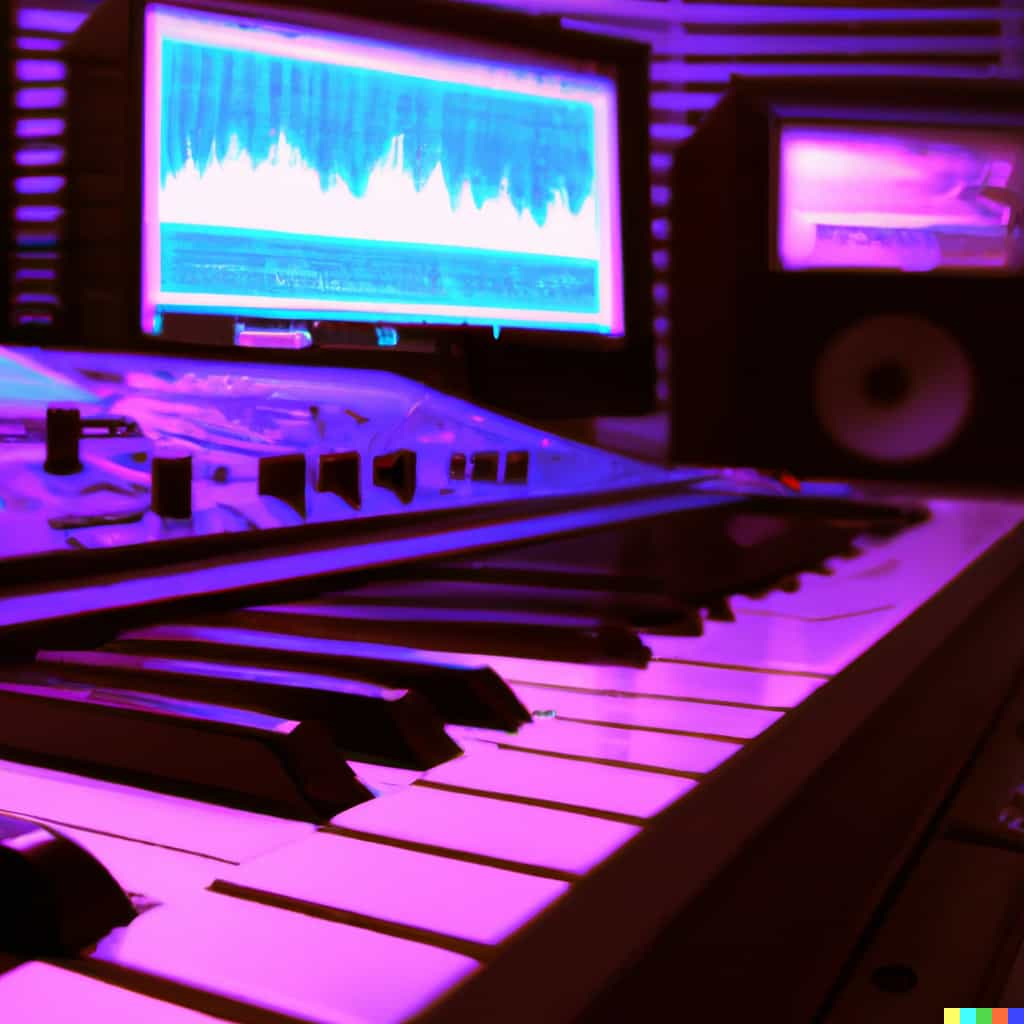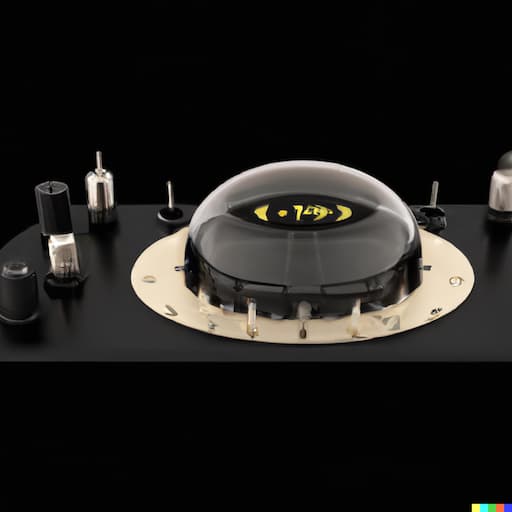
Analog vs. Digital Audio Mastering: Which is Better for Your Music?
The debate between analog and digital audio mastering has been ongoing ever since digital technology emerged in the music industry. Both methods have their pros and cons, and choosing the right approach depends on your personal preferences, workflow, and budget. In this article, we'll explore the differences between analog and digital audio mastering, and discuss the advantages and disadvantages of each to help you make an informed decision for your music.

The Analog Approach
Analog mastering utilizes traditional hardware equipment, such as equalizers, compressors, and tape machines, to process audio signals in the analog domain. This method is known for its warmth, character, and natural sound, which can be attributed to the subtle distortions and harmonics introduced by analog gear.
Advantages of Analog Mastering:
- Unique character: The sonic qualities imparted by analog gear can be difficult to replicate digitally, giving your tracks a distinct sound.
- Natural saturation: Analog equipment often adds pleasing harmonic distortion that can enhance the warmth and depth of your music.
- Hands-on workflow: Working with physical hardware can be more intuitive and inspiring for some engineers.
Disadvantages of Analog Mastering:
- Cost: High-quality analog equipment can be expensive, especially when considering maintenance costs.
- Limited recall capabilities: Analog setups make it difficult to recall previous settings, which can be challenging when revisiting a project or making revisions.
- Space and setup: Analog gear requires physical space, proper acoustics, and wiring, which can be more demanding than a digital setup.
The Digital Approach
Digital audio mastering is performed entirely within a computer using software plug-ins and digital audio workstations (DAWs). This method offers flexibility, precision, and a wide range of processing options, making it the go-to choice for many engineers in the modern music industry.
Advantages of Digital Mastering:
- Precision: Digital tools offer surgical precision and accuracy, allowing for detailed adjustments and corrections.
- Cost-effectiveness: High-quality digital plug-ins are generally more affordable than their analog counterparts.
- Recall capabilities: Digital setups make it easy to save and recall settings, streamlining the revision process.
Disadvantages of Digital Mastering:
- Sterility: Some engineers argue that digital tools can result in a sterile or overly clinical sound.
- Learning curve: The vast array of digital plug-ins and options can be overwhelming for beginners.
- Overprocessing: The ease of making adjustments in the digital domain can lead to overprocessing and a loss of character in the music.

Hybrid Mastering
Hybrid mastering combines the best of both worlds, using a combination of analog and digital tools. This approach allows engineers to utilize the unique character of analog gear while benefiting from the precision and flexibility of digital processing.
Considerations for Choosing Between Analog, Digital, and Hybrid Mastering:
- Budget: Determine your budget and choose a mastering approach that aligns with your financial constraints.
- Workflow: Consider your preferred workflow and whether you enjoy working with physical hardware or software tools.
- Desired sound: Reflect on the sound qualities you want to achieve in your music and whether they are best suited to analog, digital, or hybrid mastering.
- Experimentation: Try both analog and digital mastering methods to determine which one best fits your needs and preferences.
Final thoughts
When it comes to analog vs. digital audio mastering, the best choice depends on your unique preferences, goals, and resources. While analog mastering can impart a distinct warmth and character, digital mastering offers precision, flexibility, and affordability. A hybrid approach combines the strengths of both methods, providing a versatile and well-rounded mastering solution. Ultimately, the most important factor is your ability to achieve the desired
Want more great audio tips? Checkout other articles from our blog!